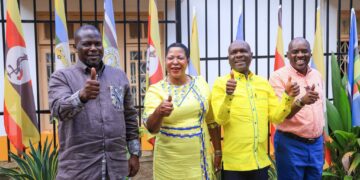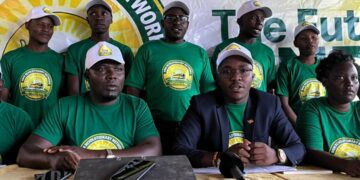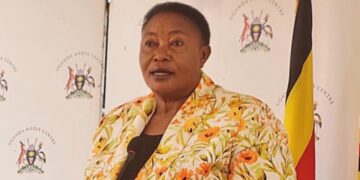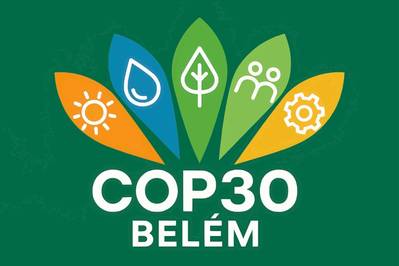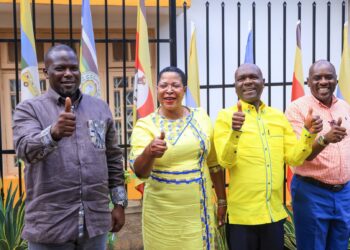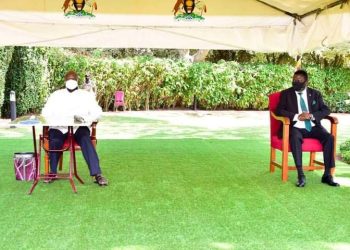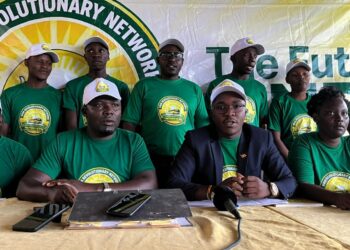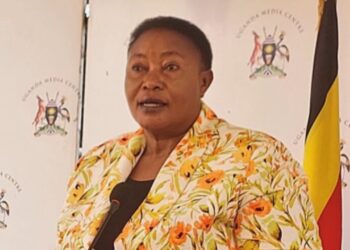OPINION
As the world prepares for the United Nations Climate Change Conference (COP30), developing countries must plan and propel the green transition as people’s expectations are high for a turning point in the global green transition, building directly on momentum from the outcomes of previous summits and conferences of the parties especially ACS2 in Ethiopia, COP28 in Dubai and COP29 in Baku. The upcoming COP30 is scheduled to take place from 10 to 21 November 2025, in Belem, Brazil and it comes at a pivotal moment for the global green transition. COP30 is expected to move the world from pledges to real, measurable action on climate commitments.
At the end of the 28th UN Climate Change Conference (COP28), the European Union and world leaders recommitted to delivering the Paris Agreement goals and limiting the global average temperature increase to 1.5 Celsius. They also agreed to accelerate emission reductions towards net zero by 2050 with urgent action in this critical decade. This includes transitioning away from fossil fuels and reducing global emissions by 43% by 2030. However, there are still ongoing and new fossil fuel projects such as East Africa Crude Oil pipeline (EACOP) being aggressively driven by European and foreign interests. Africa’s just transition narrative needs to consider the realities and concerns caused by the fossil fuel industry on environment, climate change, human rights and livelihoods.
Further, while COP29 emphasized climate finance and the need to mobilize trillions for developing economies, gaps in implementation remain wide. The recent high-level climate summit reaffirmed the urgency of aligning national policies with the 1.5°C goal because the recent Intergovernmental Panel on Climate Change (IPCC) special report notes that the current global warming 1.5°C is more likely to reach 20 degrees Celsius by 2100 posing severe threats to climate change. This implies that the world will experience extreme temperature and rainfall averages leading to prolonged and frequent periods of drought and floods. This means that COP30 must be a decisive moment for translating ambition into action.

People expect COP30 to accelerate the just and inclusive green transition, ensuring that clean energy, sustainable agriculture and green technologies benefit all not just wealthy nations. Countries are expected to submit updated Nationally Determined Contributions (NDCs) that reflect deeper emission cuts, fossil fuel phase-out timelines and stronger adaptation measures.
Another key focus will be on climate finance and technology transfer. Developing nations, particularly in Africa and Latin America, will look to COP30 for concrete mechanisms to access affordable finance for renewable energy, reforestation, and resilient infrastructure. With the Amazon region hosting the conference, nature-based solutions and forest conservation will also feature prominently in discussions.
Leaders must commit to phasing out fossil fuels while scaling up renewable energy sources such as solar, wind and sustainable bioenergy. This transition must include strong safeguards for workers and communities’ dependent on fossil fuel industries through retraining, social protection, and green job creation.
Wealthier nations must honor and exceed their financial commitments to developing countries. This means operationalizing the new climate finance goal agreed at COP29, ensuring funds are accessible, transparent and support adaptation, mitigation and loss and damage. Financing should empower local communities, women, and youth who are at the frontlines of climate impacts.
Lastly, since COP30 will be hosted in the Amazon region, leaders should emphasize forest conservation, ecosystem restoration, and the protection of indigenous peoples’ rights recognizing their crucial role in preserving biodiversity and carbon sinks. By doing these, leaders can prove that the green transition is not just a vision but a fair, inclusive, and achievable path toward a sustainable and climate-resilient future.
By Olive Atuhaire,
The writer is a Ugandan Climate Activist
Email: Atuhaireolivia72.ao@gmail.com















